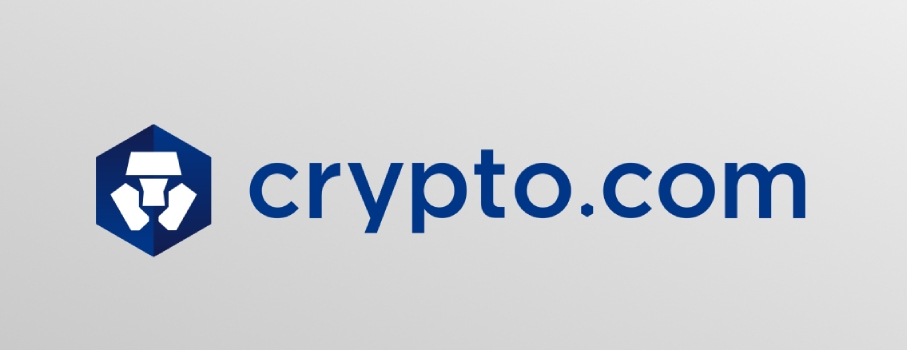The U.S. gambling industry continues to expand as Underdog, a fantasy and sports gaming operator, partners with Crypto.com to bring sports prediction markets to 16 states. The move is particularly significant because it targets regions where legal sports betting has not yet been adopted, offering players a new way to engage with the activity.
The partnership relies on Crypto.com Derivatives North America (CDNA), a CFTC-registered exchange that will supply the sports event contracts. These contracts will be fully hosted on Underdog’s platform, allowing players to trade on sporting outcomes in a regulated marketplace. Travis McGhee, managing director and global head of capital markets at Crypto.com, emphasized that CDNA was the first to offer sports event contracts and that teaming with Underdog ensures wider access to these innovative products.
By combining Crypto.com’s exchange infrastructure with Underdog’s sports-focused platform, the companies aim to provide a seamless and trusted experience that blends elements of financial trading with traditional betting.
Filling the Gaps in U.S. Sports Betting
The new prediction markets are particularly relevant in states where commercial sportsbooks remain blocked. California and Texas, the country’s two most populous states, still do not allow legal sports betting. Meanwhile, in Florida, the Seminole Tribe maintains exclusive control over sports wagering through its Hard Rock casinos and sportsbooks.
Prediction markets present an alternative since they operate under federal oversight rather than state gaming regulators. Analysts note that this structure could help platforms avoid the delays and legal battles that have slowed down sportsbook expansion in large markets.
Industry experts have naturally taken notice. Analysts estimated earlier this year that sports prediction markets could generate $555 million in revenue in 2025. While still far below the $16 billion generated by legal online sports betting in 2024, the figure highlights a rapidly growing sector with the potential to expand far beyond niche status.
Underdog Positions Itself as a Leader in Prediction Gaming
Underdog is the first sports-focused gaming company to fully embrace prediction markets, a space that is attracting attention from both the gambling and financial sectors. The company’s CEO, Jeremy Levine, has said that the future of prediction markets lies in sports, and Underdog intends to be at the center of that growth.
The platform allows users to buy and sell outcomes of sporting events, with odds adjusting dynamically based on market activity rather than a bookmaker’s line. This trading-style model appeals to younger and tech-savvy players, creating an experience that blends the thrill of sports betting with the strategy of financial markets.
Other major players are also exploring this field. Robinhood, Kalshi, and Polymarket already offer contracts on sporting events, while FanDuel recently announced a partnership with CME Group to explore financial event contracts. DraftKings CEO Jason Robins has also expressed interest in entering the space, signaling growing competition.
Still, Underdog’s partnership with Crypto.com gives it a strong early-mover advantage. The deal ensures access to 16 states and aligns the company with one of the largest names in crypto trading. As casino and sports betting audiences continue to evolve, this development signals the beginning of a new chapter where prediction markets could become a mainstream complement to traditional wagering.


